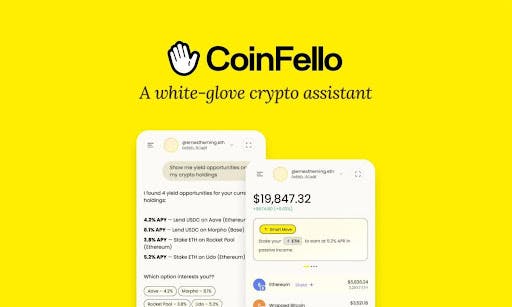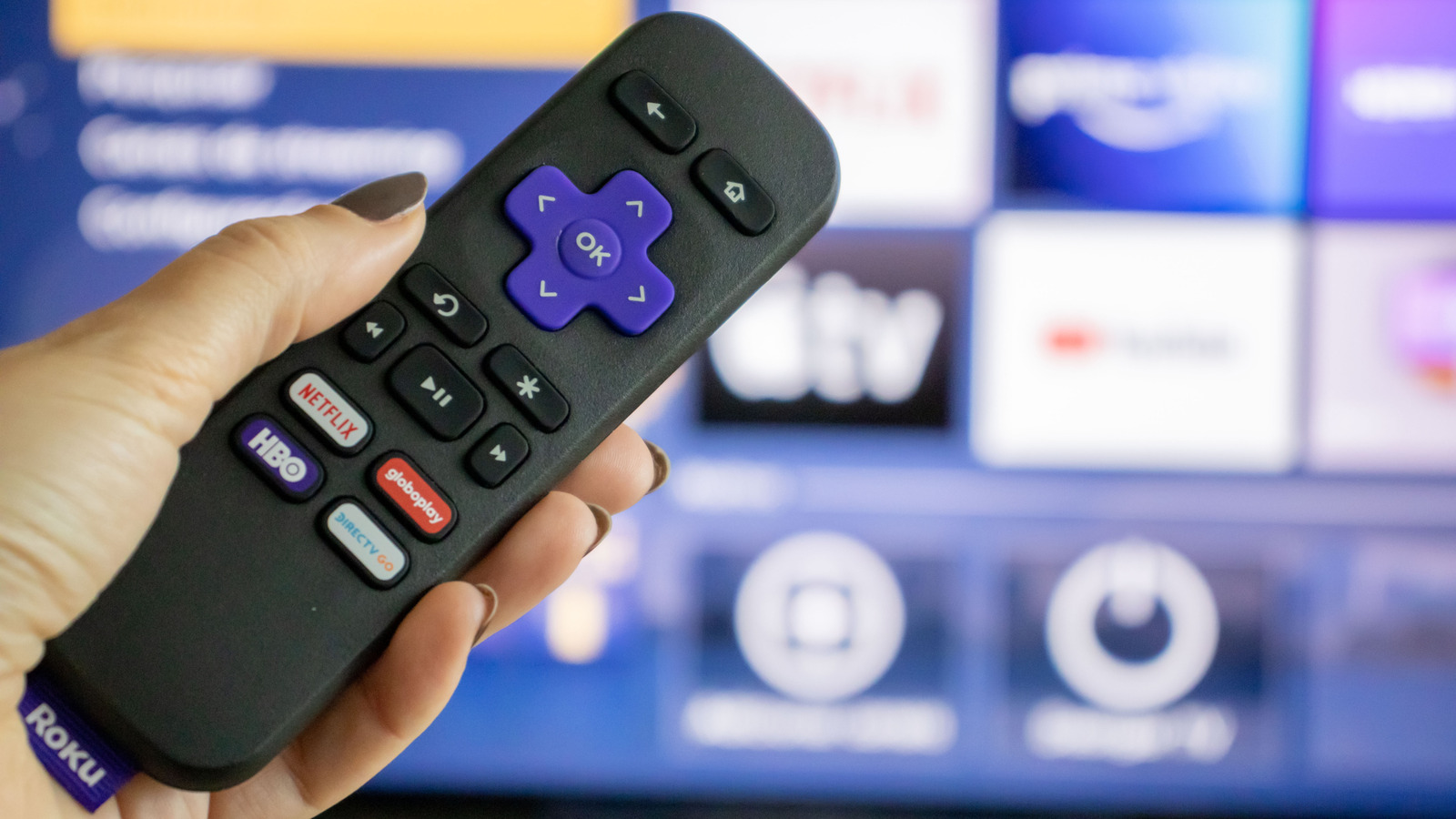A POPULAR Chrome extension has come under fire after experts have raised concerns about how it handles users’ data.
FreeVPN.One, which has been downloaded by over 100,000 people, claims to help users browse the web privately — but researchers say it could be spying on its users.
2
Security researchers at Koi Security found that FreeVPN.One takes screenshots of every website users visit.
Updates earlier this year appear to have increased data collection capturing screenshots including private photos, banking sites, medical records and further private information – as well as location tracking.
One feature called “AI Threat Detection” warns users that screenshots are being taken, but other parts of the extension appear to capture information without notifying users.
The developer says screenshots are only taken from “suspicious” websites and aren’t stored, but these claims are difficult to verify.
FreeVPN.One has received badges from the Google Chrome Store suggesting it’s secure, but experts warn these may not tell the full story.
Communication with the developer reportedly became limited after initial inquiries.
If you have FreeVPN.One installed, it’s suggested users uninstall it and run a trusted antivirus program to check your computer.
Update your passwords for any websites you accessed while the extension was active.
If you want a free VPN, choose one that has been carefully reviewed and tested for privacy protection.
This case highlights why it’s important to research VPNs before using them.
While VPNs are meant to protect your privacy, not all free services can be fully trusted.
VPN apps have skyrocketed since the Online Safety Act came into effect recently.
It’s designed to protect children from harmful material and is enforced by the media regulator Ofcom.
Any sites hosting adult content must now check people’s age by asking for their ID or sharing a selfie which estimates how old you are.
Some users have resorted to using VPNs as a loophole, over concerns about sharing their personal data.
Last month, there was a crackdown on dodgy streaming as 100s of sites used for watching Hollywood films and sport for free were blocked for all Brits.
Pirate streaming sites are already blocked by most internet service providers in the UK, such as BT, Virgin Media and Sky.
A VPN (Virtual Private Network) is a tool that helps keep your online activity private and secure by hiding your location and encrypting your internet connection.
It’s especially useful on public Wi-Fi or when visiting sensitive websites.

2









